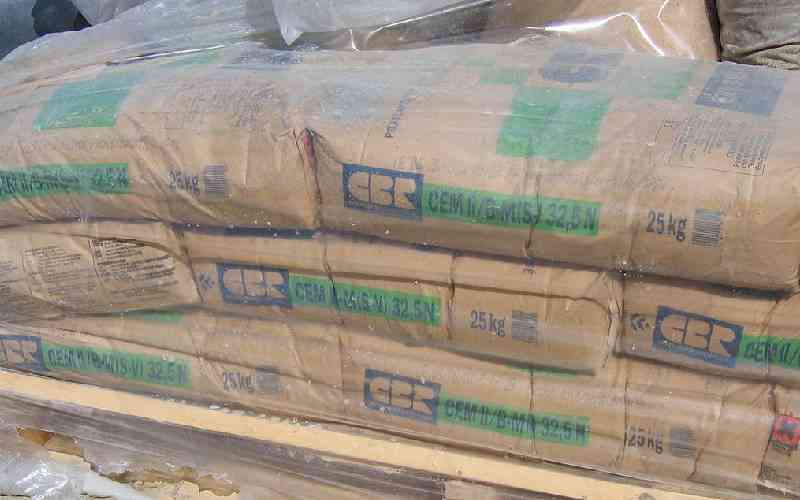×
The Standard e-Paper
Home To Bold Columnists

LafargeHolcim-backed East African Portland Cement (EAPC) has hiked its cement prices per 50kg bag by Sh20 from today. A bag averages between Sh600 and Sh650.
The company, which offers its products under the Blue Triangle Cement brand across Kenya, said the decision was informed by higher input costs.